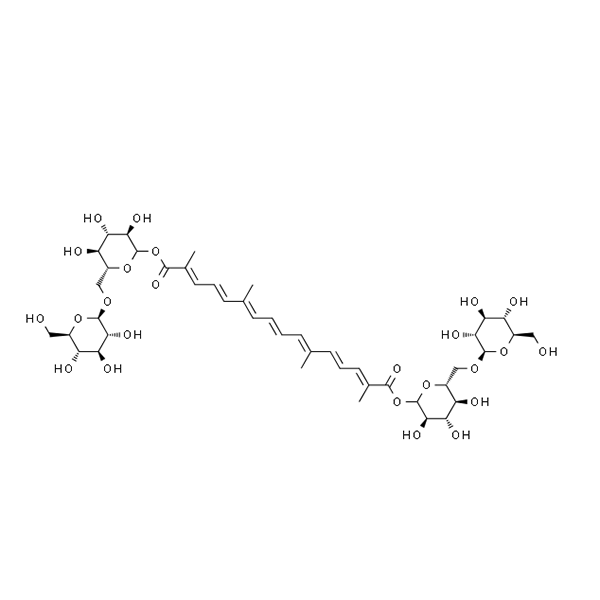Researchers have discovered that the popular pain reliever Crocin, which is derived from saffron, may have potential health benefits beyond just alleviating pain. A study published in the Journal of Agricultural and Food Chemistry found that Crocin has antioxidant properties that could help protect cells from damage caused by free radicals. This finding suggests that Crocin could have potential applications in preventing various diseases related to oxidative stress, such as cancer and cardiovascular diseases.
The study, conducted by a team of scientists from the University of Tehran, involved testing the effects of Crocin on human cells in the laboratory. The results showed that Crocin was able to significantly reduce oxidative stress and protect the cells from damage. This suggests that Crocin could be a promising candidate for further research into its potential therapeutic applications.


Unveiling the Health Benefits of Crocin: A Scientific Perspective
In addition to its antioxidant properties, Crocin has also been found to have anti-inflammatory effects. A study published in the journal Pharmacological Reports demonstrated that Crocin was able to reduce inflammation in animal models, indicating its potential use in treating inflammatory conditions such as arthritis and inflammatory bowel disease. These findings highlight the potential of Crocin as a multifaceted compound with various health benefits.
Furthermore, Crocin has been shown to have neuroprotective effects, which could have implications for the treatment of neurodegenerative diseases such as Alzheimer’s and Parkinson’s. A study published in the journal Behavioural Brain Research found that Crocin was able to protect brain cells from damage and improve cognitive function in animal models. This suggests that Crocin could be a promising candidate for the development of new treatments for neurodegenerative diseases.

Overall, the emerging scientific evidence suggests that Crocin, the active compound in saffron, has potential health benefits beyond its traditional use as a pain reliever. Its antioxidant, anti-inflammatory, and neuroprotective properties make it a promising candidate for further research into its potential therapeutic applications. However, more studies are needed to fully understand the mechanisms of action and potential side effects of Crocin before it can be widely used as a therapeutic agent.
Post time: Jul-25-2024





